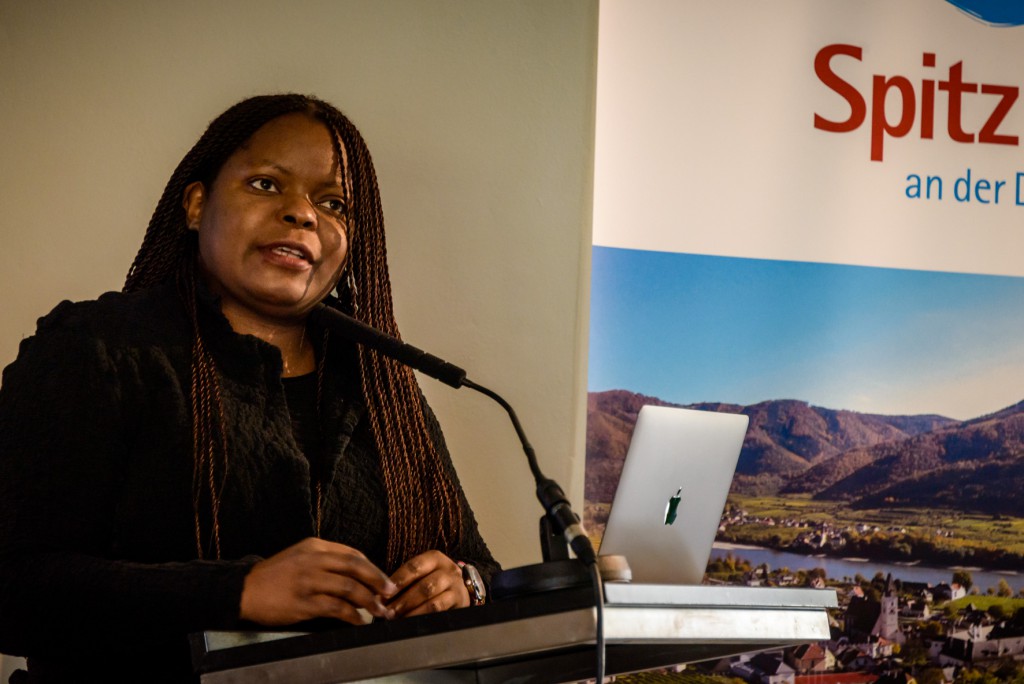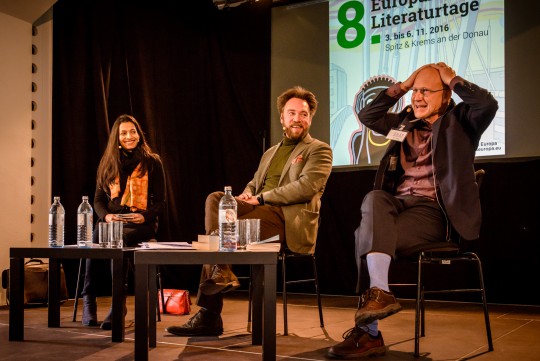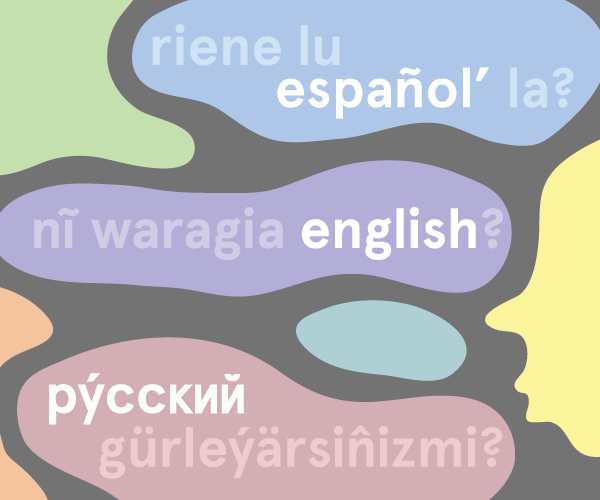In early November, the picturesque, if rather overcast hills and vineyards along the Danube in Spitz, Austria provided a luscious backdrop to literary discussions ranging from Haiti to Hungary, Brazil to Burkina Faso, Slovenia to South Africa and Brazil to Zimbabwe. Headlined “The Colonists”, the European Literature Days 2016 brought together writers, translators and literary critics to debate cultural appropriation and colonialism in literature in both the literal and metaphorical senses, with literary readings and wine tastings to boot.

© Julia Sherwood
“Every country in the world is a hostage of its history from which there is no escape,” German reportage writer Hans Christoph Buch declared in his keynote speech (reproduced in full in the daily Die Presse). Since first visiting Haiti—the country of his father’s birth—in 1968, Buch has traversed the world, concluding that, although he might have written about the Caribbean and Africa, experience is not transferable across continents. But isn’t a white author writing about Haiti stealing the country’s stories? Do writers have the right to write about countries that are not their own or does it turn them into colonists? Media and cultural scholar Karin Harrasser posed these questions to Zimbabwean lawyer and novelist Petina Gappah and Cuban author and cultural journalist Yania Suárez.

Hans Cristoph Buch © Sascha Osaka
They certainly do, according to Gappah. But with the privilege to tell stories, especially those that are not yours, comes responsibility to tell the truth, she added. She deemed Hans Christoph Buch to have passed this test with flying colours. She stressed the value of the external gaze but warned about striving for authenticity, which is the death of fiction: “If you go down the rabbit hole of authenticity you end up with memoirs.” Suárez agreed that people have the right to write about other countries but only if they’ve spent enough time there to get to know their surroundings properly. Those who haven’t immersed themselves in the culture often misrepresent and fetishize Cuba, for example, creating fantasy narratives and appropriating its recent history to support their own romantic ideas (ideas echoed only a few weeks later by the accolades heaped upon the late Fidel Castro).

Petina Gappah © Sascha Osaka



